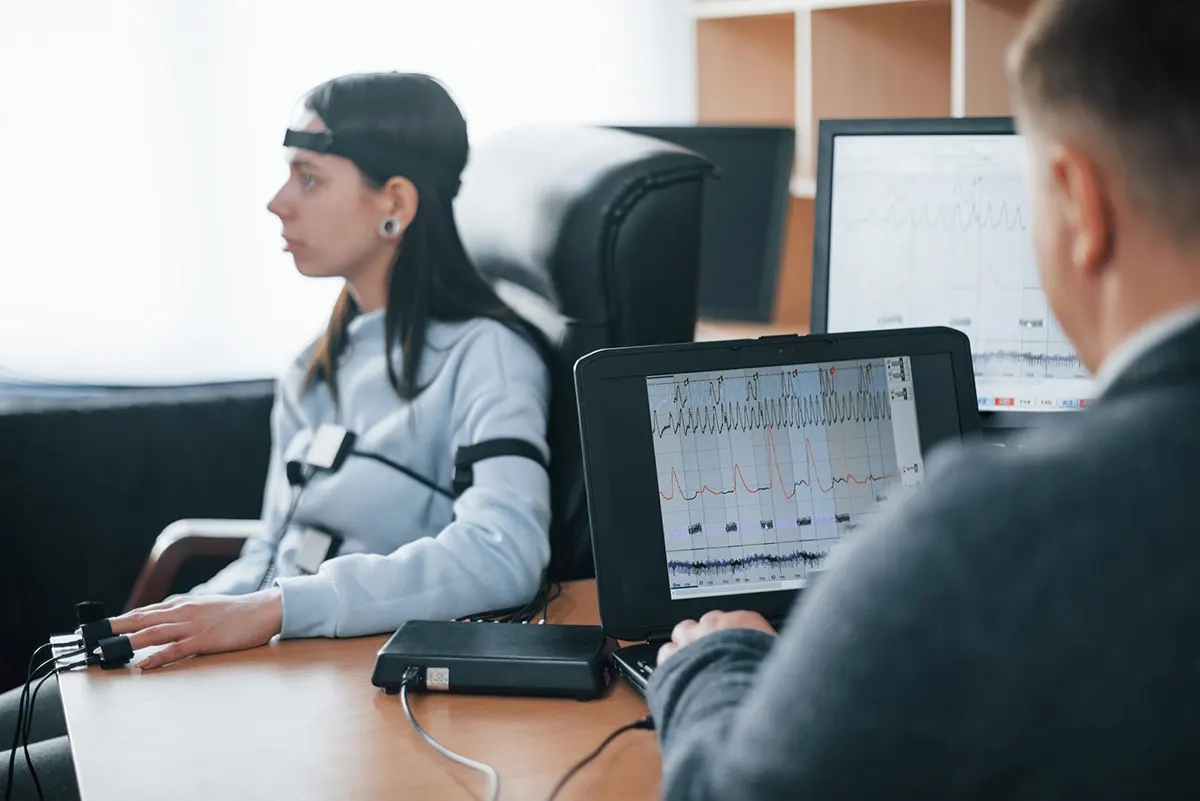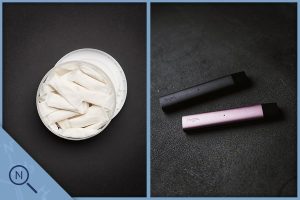
Long a subject of mystery and debate, lie detector tests—also called polygraph tests—have While a person responds to questions, these tests are meant to gauge physiological reactions, including heart rate, blood pressure, and breathing patterns. The basic theory is that false responses will cause detectable and recorded physiological changes. For both legal and personal use, this thorough book investigates the applications, dependability, and issues surrounding Lie Detector Test New Jersey.
Examining the Lie Detector
Usually involving polygraph equipment, which records physiological data as the subject answers a series of questions, a lie detector test is to create typical physiological reactions, the examiner will probe baseline questions throughout the test. Later questions of interest will subsequently be asked so the examiner may compare the physiological data against the baseline.
Legal Use of Lie Detector Tests
Legal-wise, especially in law enforcement organizations, lie detector tests are frequently used during criminal investigations or pre-employment checks. They can help to validate a suspect’s alibi or evaluate witness credibility. It is noteworthy nonetheless that jurisdiction determines whether polygraph findings are admissible in court. Because of doubts regarding their accuracy and possibility for misleading results, polygraph findings are not admissible as evidence in several countries.
Personal Use of Lie Detector Tests

On a personal level, people could choose lie detector tests for background checks, conflict resolution, or relationship honesty confirmation. Personal application of polygraph exams might help to clarify matters where trust is a factor. People should approach these tests carefully nevertheless, knowing they are not perfect.
Reliability and controversy
Among professionals, there has been discussion over the precision of lie detector exams. Although supporters say they can be good at spotting dishonesty, detractors point out that other elements might affect physiological reactions, including stress, anxiety, and physical diseases. False positives—indicating dishonesty in the absence of any—and false negatives—failing to identify dishonesty—can so arise.
In both legal and personal spheres, Lie Detector Test New Jersey are useful instruments since they reveal credibility and honesty. Their dependability is not perfect, nevertheless; hence, prospective users should be advised of their constraints. Whether in a legal environment or for personal usage, it is imperative to approach lie detector tests with a critical attitude and view them as part of a larger investigation or evaluating process. Knowing the subtleties of lie detector tests will enable people to make wise decisions about their application and consequences.



























